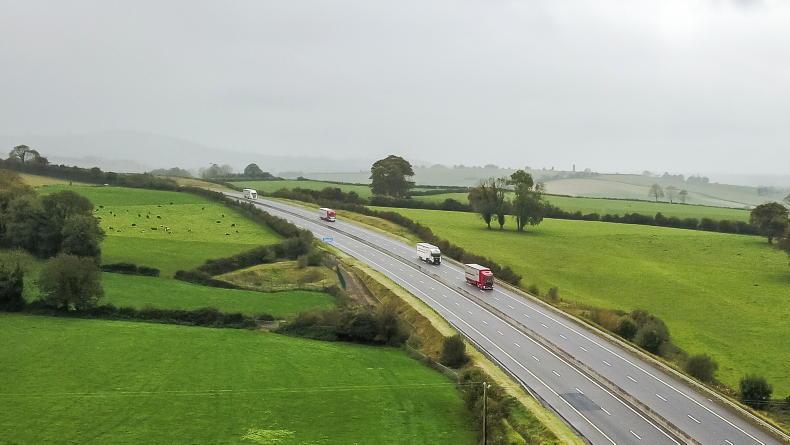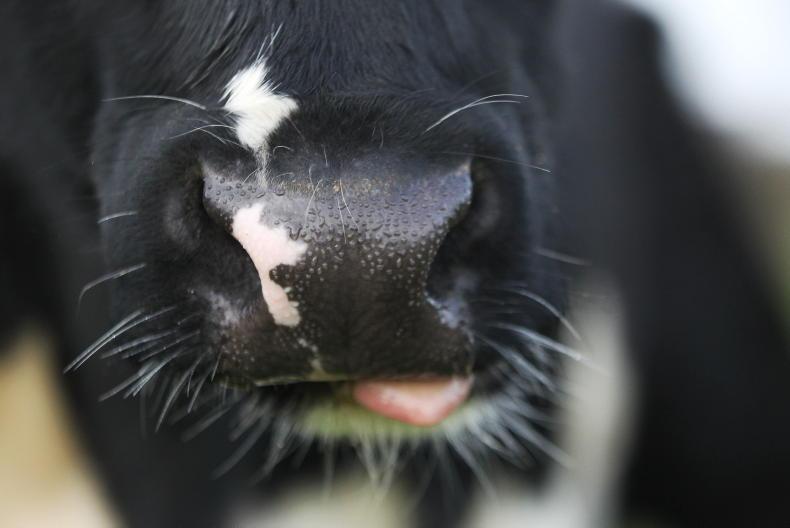It is already clear that 2018 will be a critical year for the future of Scotland’s rural economy and communities.
My most significant priority remains protecting rural Scotland’s interests as the UK Government continues to negotiate Brexit.
In less than 17 months, the UK intends to leave the EU, but we, like our devolved counterparts elsewhere across the UK, remain substantially in the dark over the UK Government’s plans.
An area that highlights this lack of clarity is the status of EU nationals post-Brexit. EU nationals are vital to our rural economy and a wide range of companies have been consistent and clear that the availability of labour from the EU is essential.
Around 8,000 EU nationals are employed in our food and drink sector, and up to 22,000 non-UK seasonal migrant workers are employed in the soft fruit and vegetable sector. It remains intolerable that the UK Government has not given concrete assurances to this significant and essential part of our rural workforce, without which many rural businesses would simply struggle to survive.
This lack of clarity on fundamental issues such as EU nationals, future budgets and potential market access, completely restricts our ability to plan for any Brexit scenario.
It is clear though that there must not be a ‘power grab’. Devolved powers currently operated at a EU level such as agriculture, fisheries and environmental protection must be returned to Edinburgh. We are open to negotiating any necessary UK-wide frameworks, but this must be done on the basis of respect for the devolved administrations – not imposition from Westminster.
During the referendum campaign, Brexiteers promised farmers that they would continue to receive funding that is at least equivalent to current level. This promise must now be delivered and I am determined that vocal proponents of this commitment are held to account.
With this in mind, I’m working hard to deliver a leaner service that better helps farmers to understand what to expect when applying for future funding as outlined in the CAP Stabilisation Plan. The loan scheme is providing financial security in the meantime, with over 13,000 farmers and crofters having now received 90% of their CAP entitlement, putting more than £300 million into the rural economy.
However, rural Scotland faces significant challenges and uncertainties, and it is vital that we continue work to ensure our rural communities have a sustainable, productive and vibrant future.
That is why I appointed four champions to advise on the development of a strategy for farming in Scotland and announced an independent National Council of Rural Advisers (NCRA) to advise me on future policy and support. Having now received interim reports from both advisory groups and with the expectation that I will receive final reports in spring next year, I anticipate bringing forward their findings as a priority.
Though, I believe 2018 will be a critical year for rural Scotland, I can assure readers that I am committed to protecting the interests of our rural economy and communities wherever they may be found.










SHARING OPTIONS